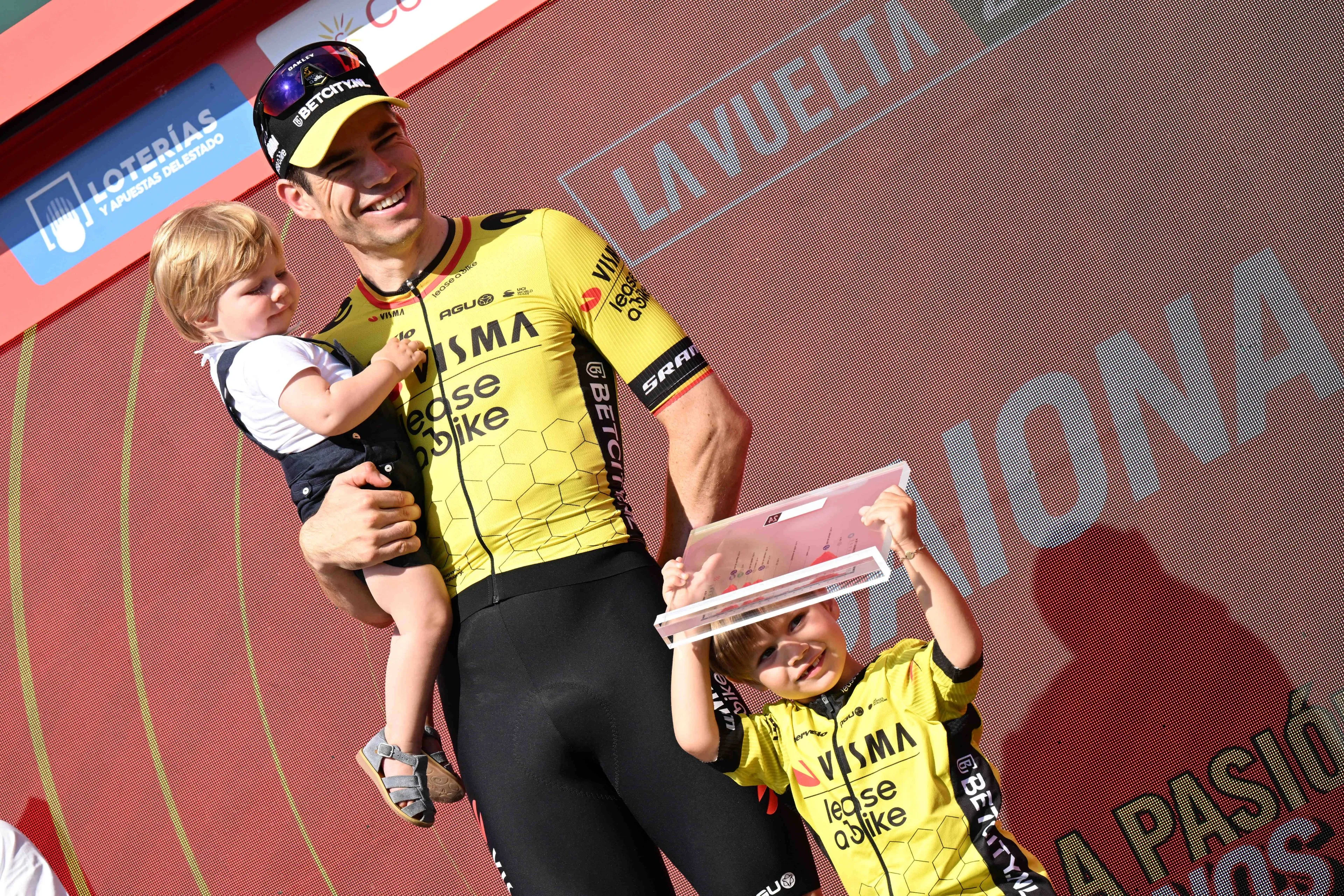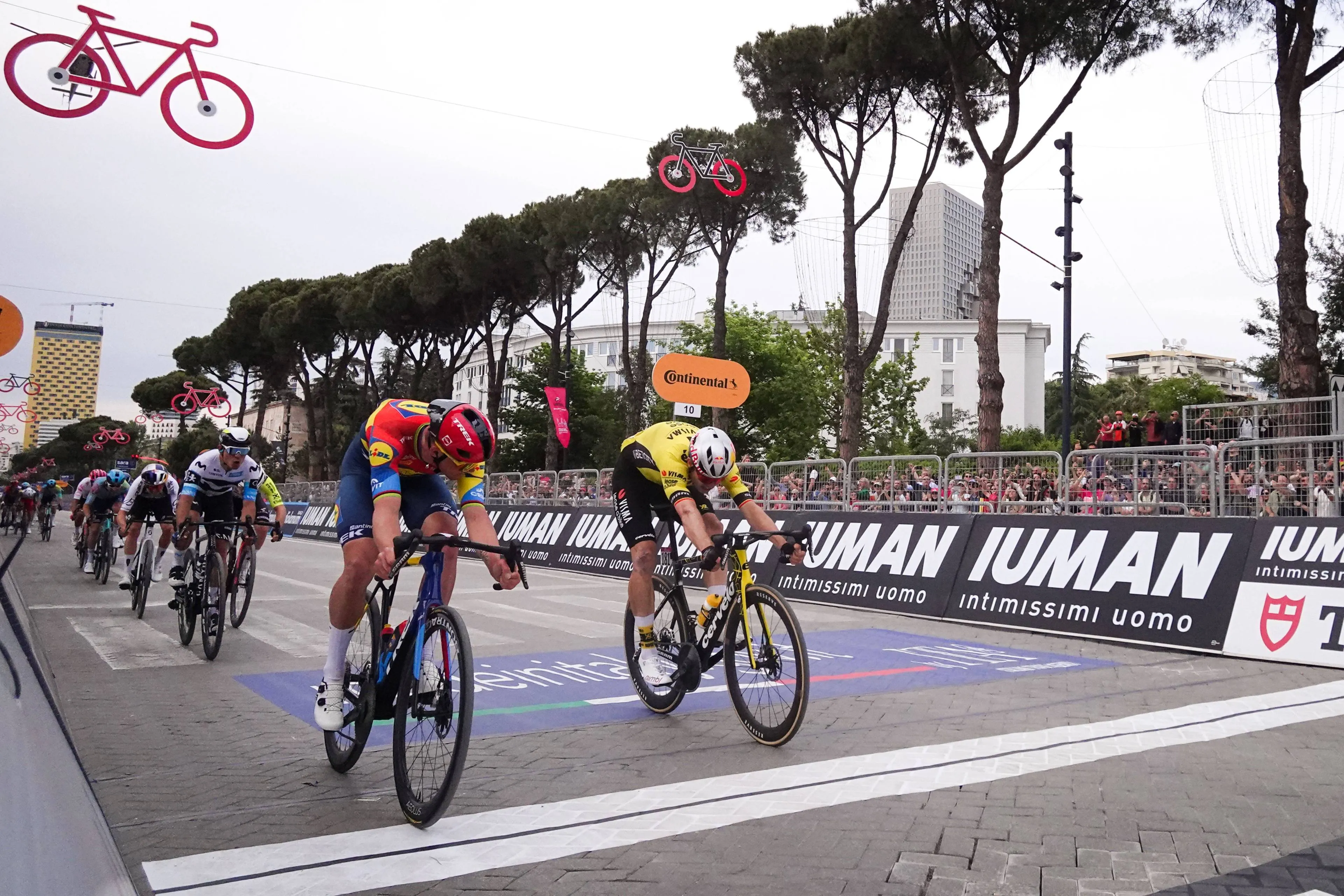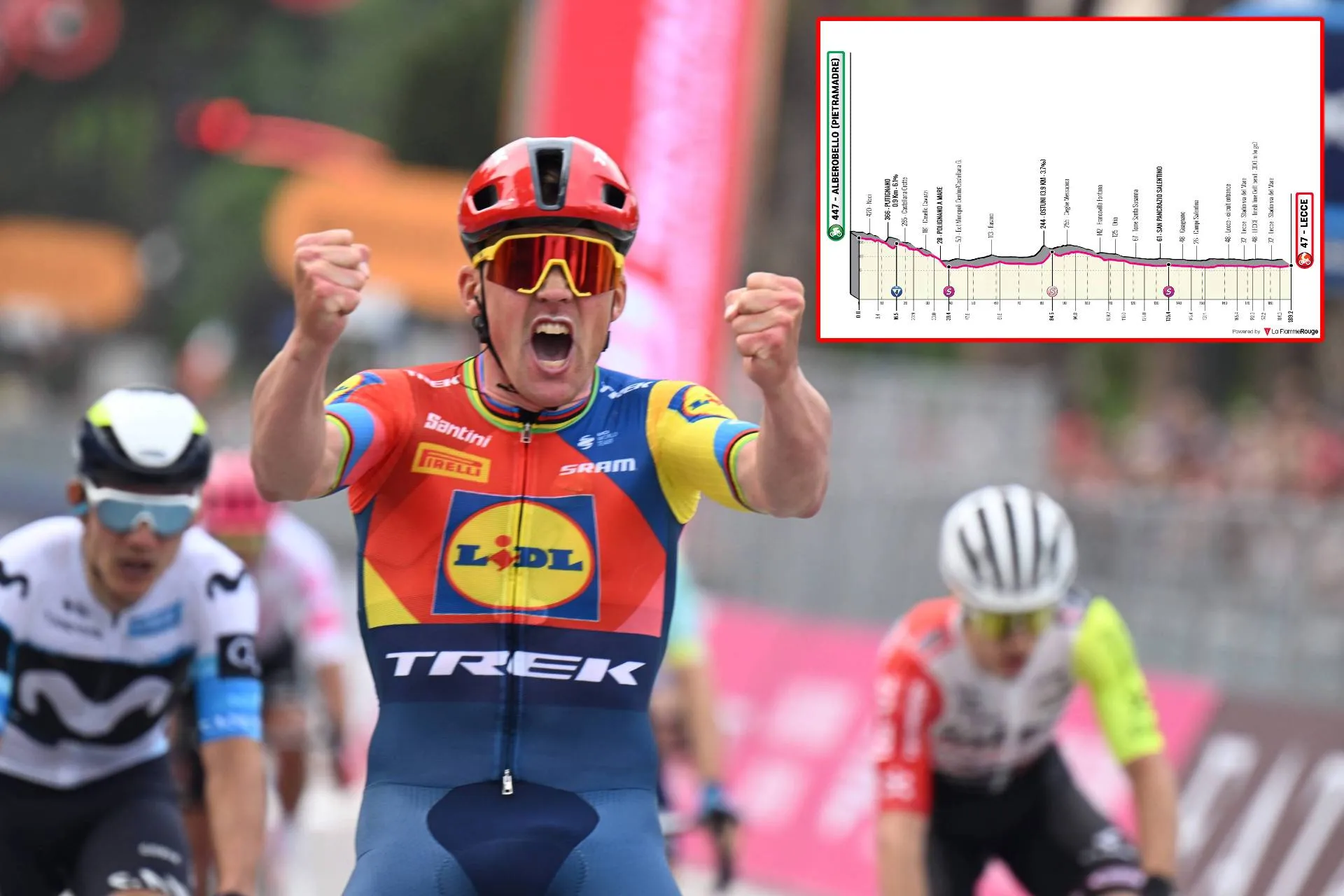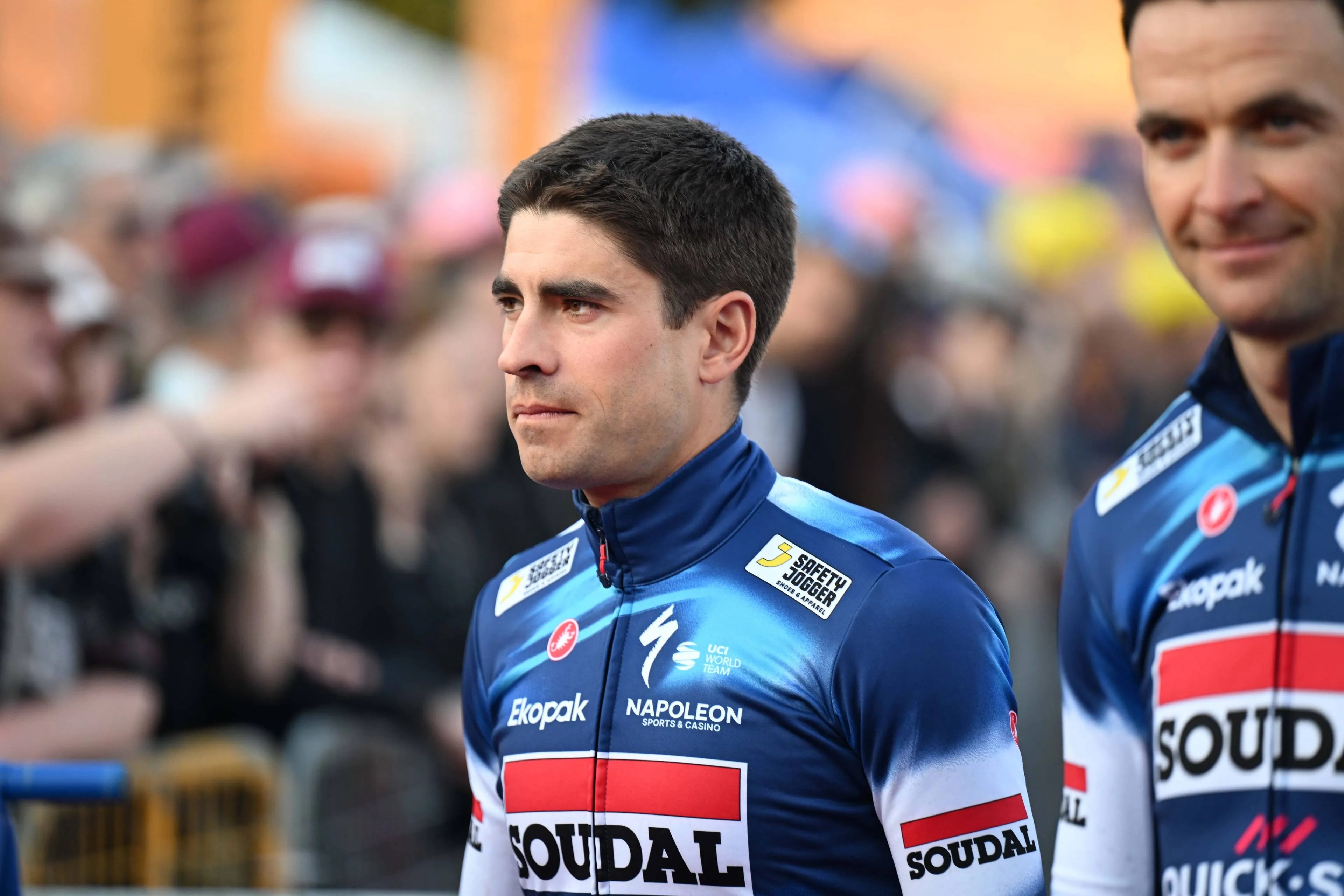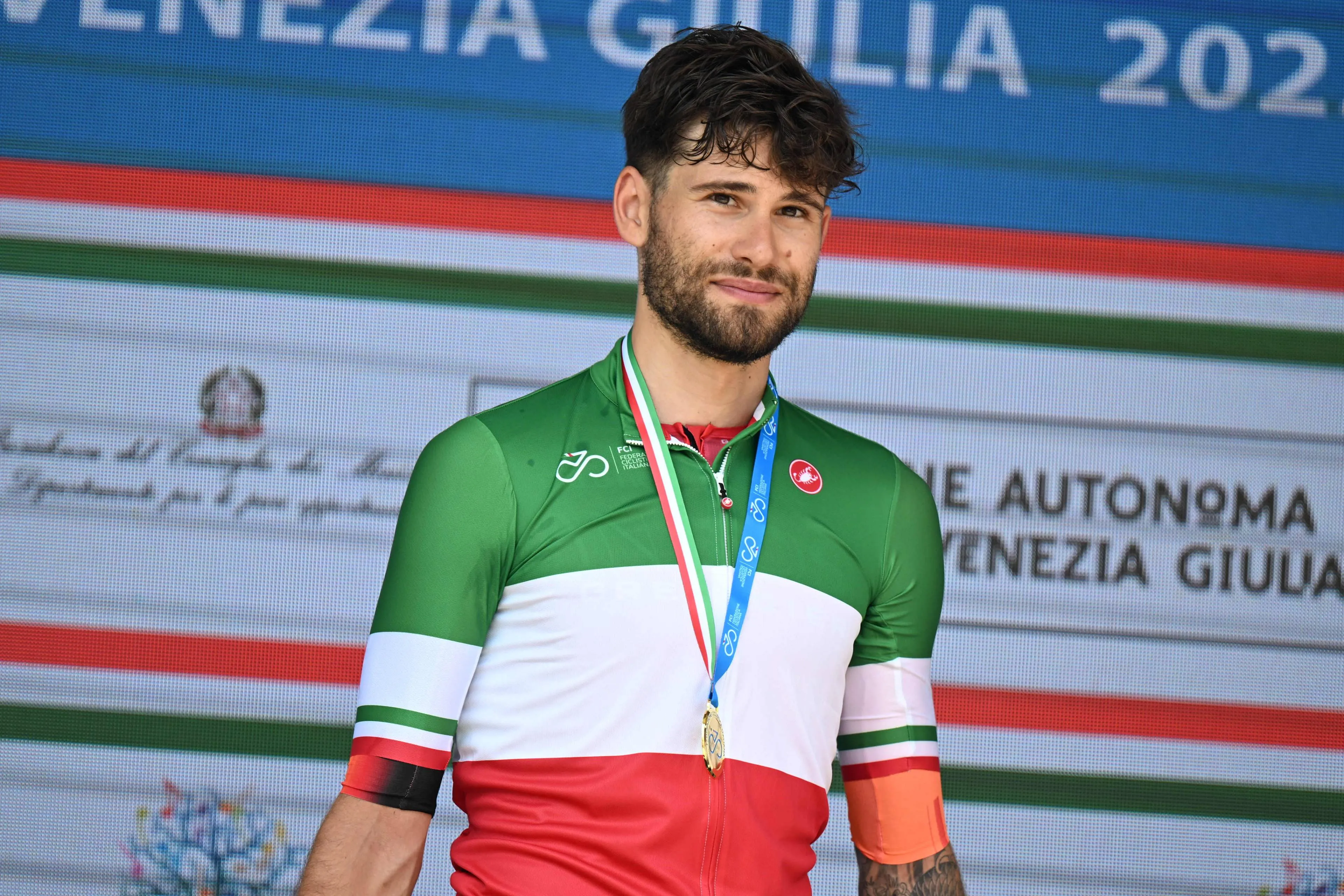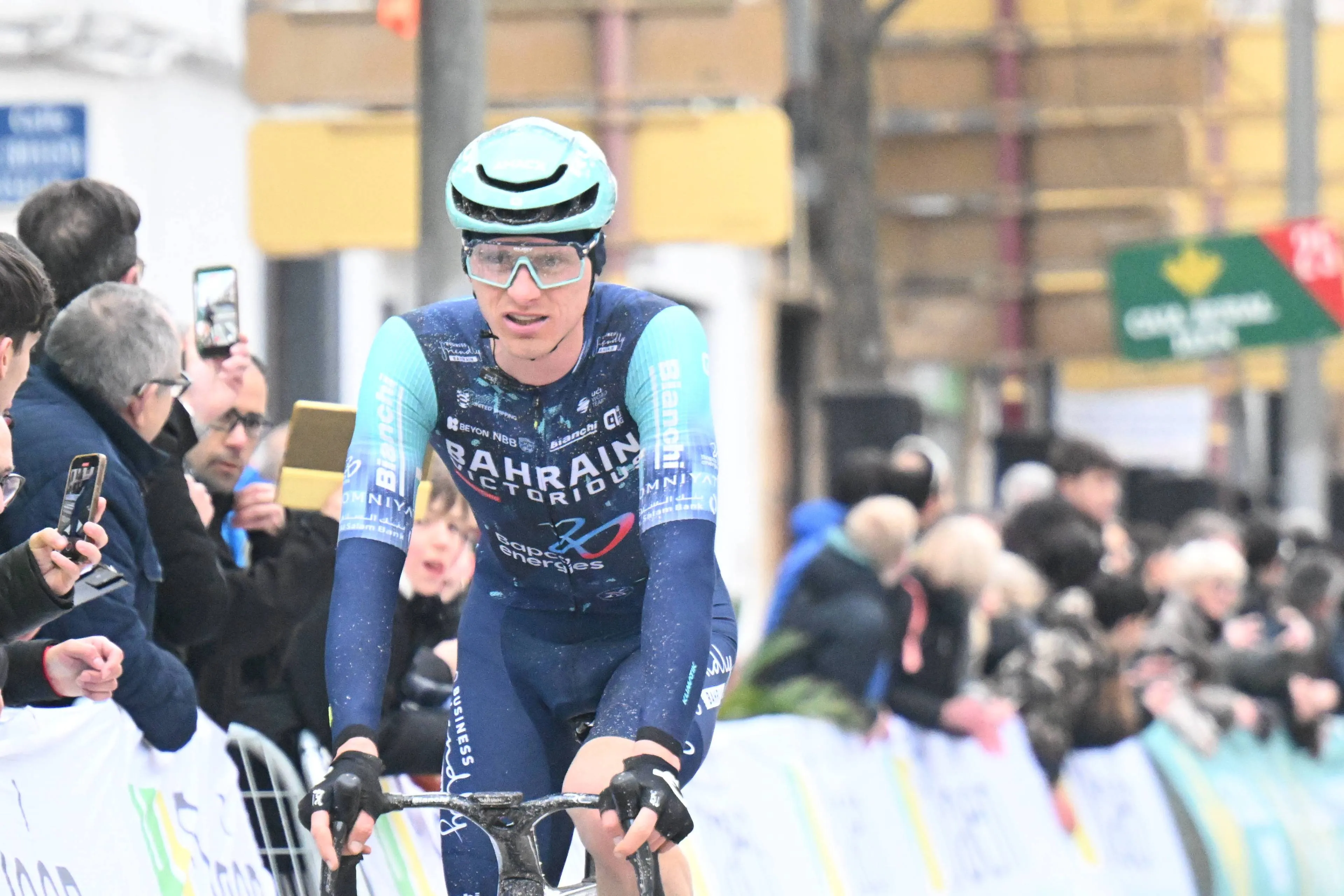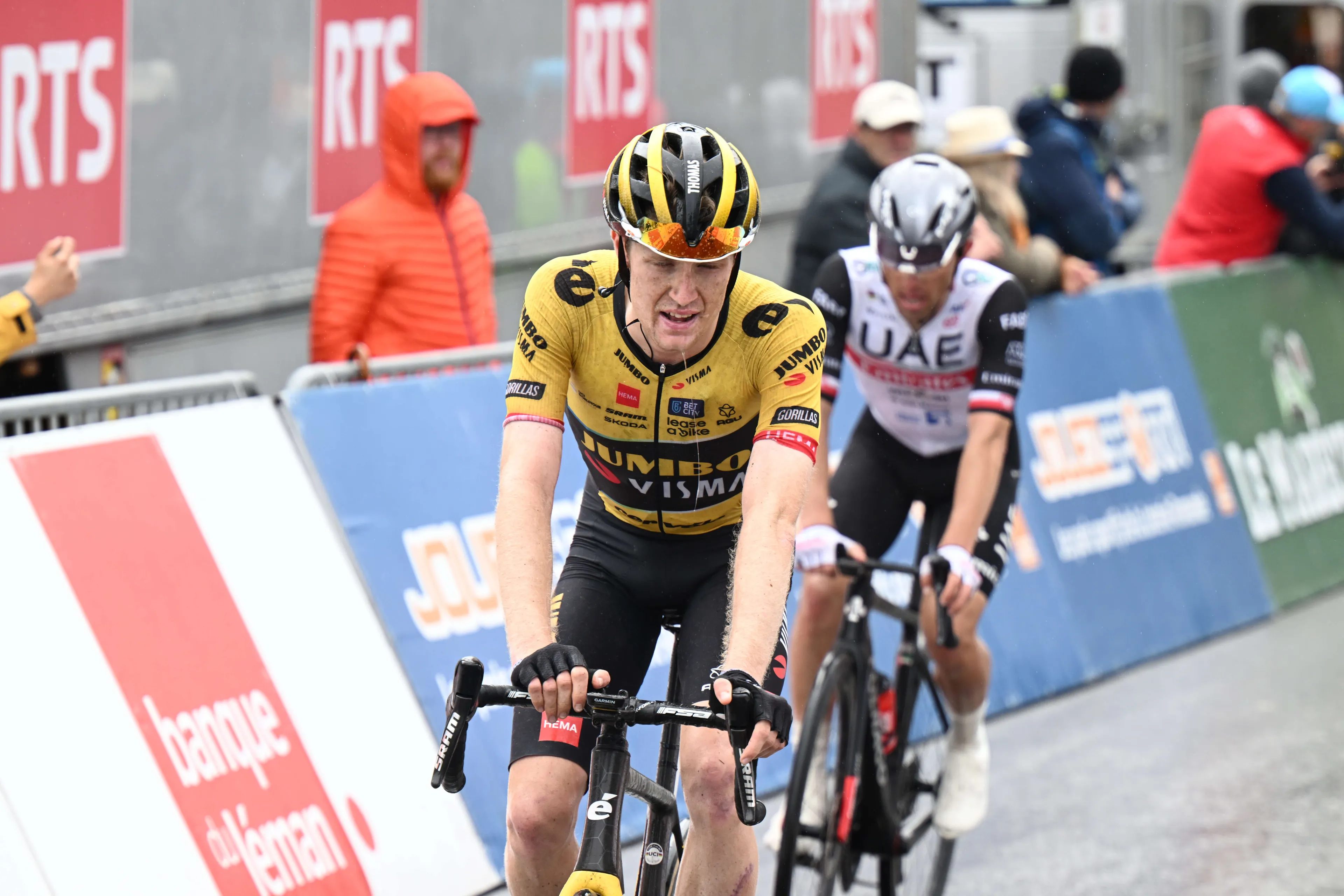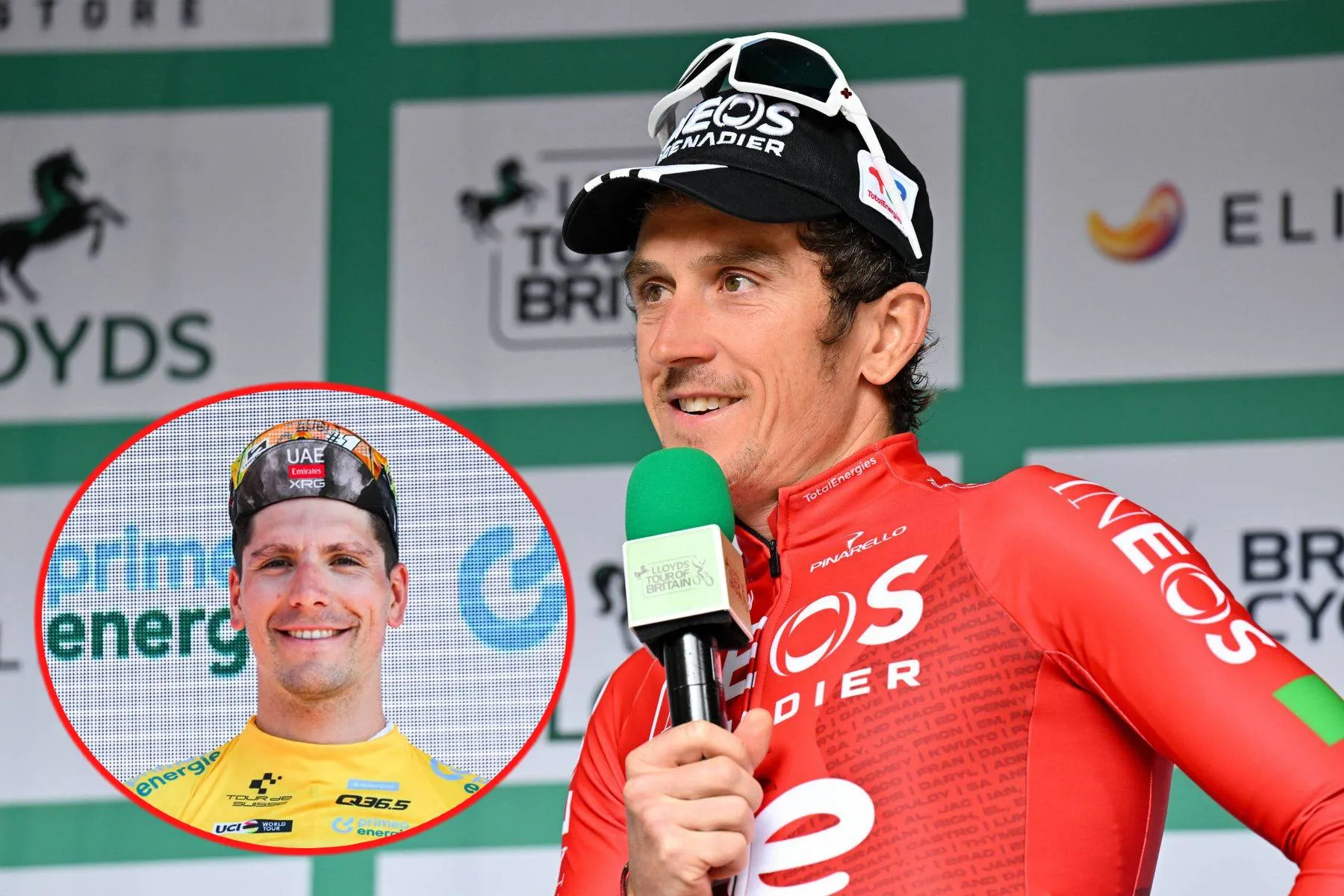“I’m lucky to be here” - Bradley Wiggins reveals more about his on addiction, survival, and support from Lance Armstrong
CyclingTuesday, 13 May 2025 at 10:15
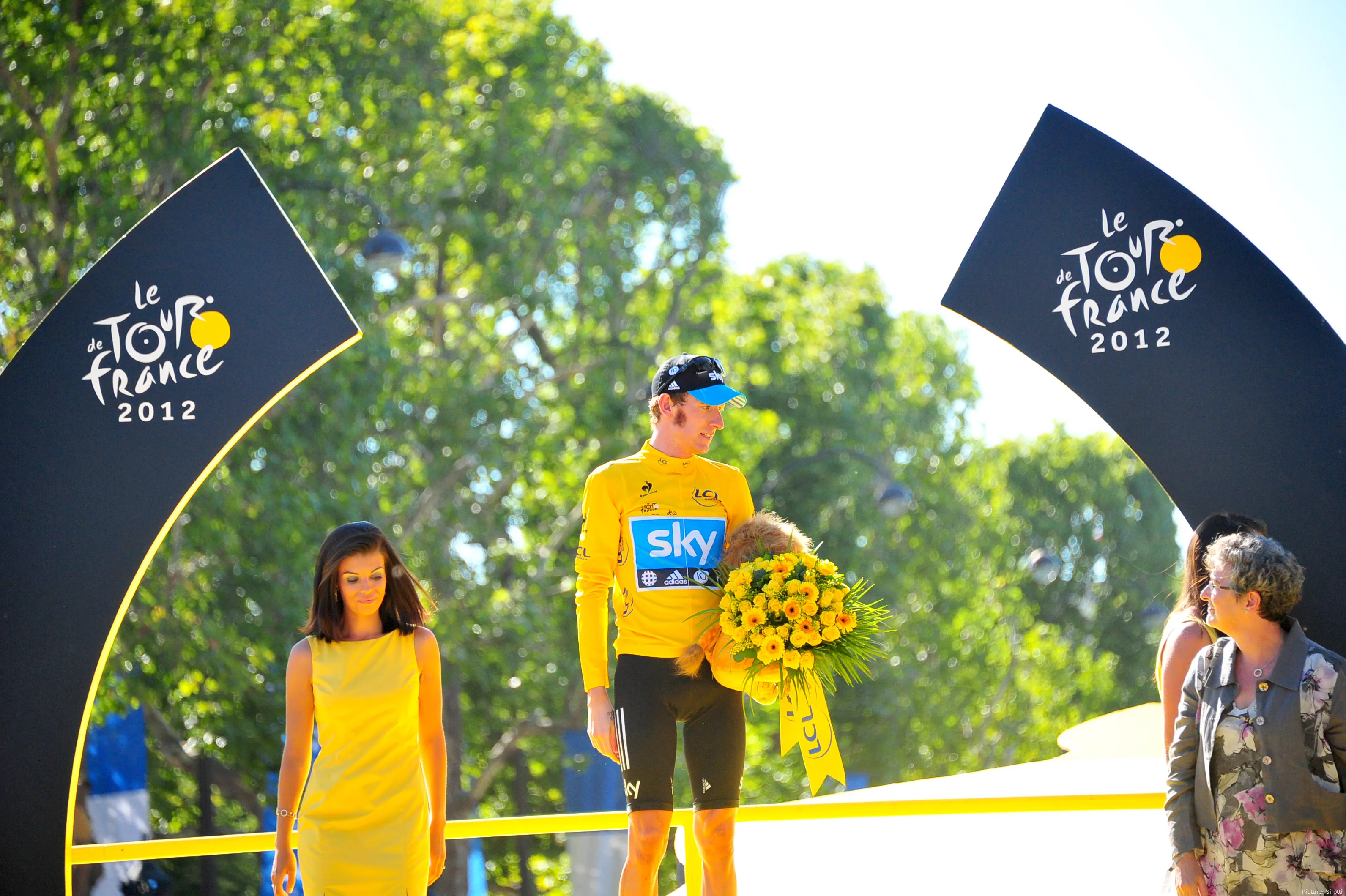
Bradley Wiggins, Britain’s first Tour de France winner and
one of the most recognisable figures in modern cycling, has spoken with brave
honesty about the years of addiction and personal turmoil he has faced since
retiring from professional sport. In a candid interview with The Observer, the
2012 Tour champion described a dark chapter of his life marked by cocaine use,
emotional pain, and the fear of being found dead by his family.
"There were times my son thought I was going to be
found dead in the morning," Wiggins revealed. "I was a functioning
addict. People wouldn’t realise. I was high most of the time for many
years."
Read also
The 45-year-old said his issues with addiction escalated to
the point where even his children were preparing to intervene. "I was
doing shitloads of cocaine. I had a really bad problem. My kids were going to
put me in rehab. I was walking a tightrope."
His eventual realisation that things had to change came
late, but it was a turning point: "I realised I had a huge problem. I had
to stop. I’m lucky to be here. I was a victim of all my own choices, for many
years."
Reflecting on the deeper psychological patterns that led him
to substance abuse, Wiggins said, "I already had a lot of self-hatred, but
I was amplifying it. It was a form of self-harm and self-sabotage. It was not
the person I wanted to be. I realised I was hurting a lot of people around
me."
Read also
In a twist that has surprised many, one of the figures who
played a role in supporting Wiggins through his darkest times was cycling’s
most controversial figure, Lance Armstrong. The American, who was stripped of
his seven Tour de France titles due to doping violations, has previously
supported fellow Tour winner Jan Ullrich through his own battles with
addiction.
How each fan reacts to this is entirely up to them. There is
no denying that Armstrong did irreparable damage to the sport, but there is
also no doubt he has been there to support those in need.
"He’d been through a similar thing with Jan. They’d try
and get hold of me, but couldn’t find where I was. My son speaks to Lance a
lot. He’d ask my son, ‘How’s your Dad?’ Ben would say, ‘I’ve not heard from him
for a couple of weeks, I know he's living in a hotel.’"
Read also
"They wouldn't hear from me for days on end. I can talk
about these things candidly now. There was an element of me living a lie, in
not talking about it."
Wiggins said his addiction offered a temporary escape from
the pain he carried, but there was never any in-between. "There’s no
middle ground for me. I can’t just have a glass of wine. If I have a glass of
wine, then I'm buying drugs. My proclivity to addiction was easing the pain
that I lived with."
He also spoke about unresolved questions from his
professional career that still weigh on him, particularly surrounding the
infamous "mystery package" delivered to him during his racing days, a
topic that sparked years of speculation and investigations.
Read also
"I was in the eye of the storm. I felt some of those
questions needed to be answered and put to bed from the people that could
answer those questions, like ‘What was in the package?’"
Asked if he believed there were multiple versions of the
story still circulating, Wiggins responded, "There are. There’s a book
about that in itself. I would love to know one way or another what actually
happened."
Wiggins own autobiography, The Chain, will be released later
this year. It promises to offer a fuller account of Wiggins’ fall, survival,
and complex legacy in both sport and life.
claps 1visitors 1
Just in
Popular news
Latest comments
- I was going to post the same comment. He just can’t catch a break.Pedalmasher20-02-2026
- Totally agree. This kid has a bright future.Pedalmasher20-02-2026
- The thing is, he never has to worry about his career because he can spend the rest of his life living rent-free in your head.antipodeanpedalfan20-02-2026
- That's true, but you can't count out a resurgence from him later like Vingegaard did in 2025 (although he was 10 seconds behind, not 30)
 Rafionain-Glas19-02-2026
Rafionain-Glas19-02-2026 - Lipowitz ddn't really keep up to the big boys today either.....mobk19-02-2026
- Yes, the guy is no fluke. Even if he fails to improve over the next 15 years he’ll do damage. That young blood is going to keep the establishment working hard.Mistermaumau19-02-2026
- This excuse is harmless, just quaint and amusing. The excuse I really disliked was when he accused a mechanic of improperly adjusting his saddle, endangering the mechanic's job: blaming others for your own limitations is a serious matter.
 maria2024202419-02-2026
maria2024202419-02-2026 - ok so this is impressive - I trashed this guy all winter, get a pro win before the anointing. against a quality field. And Onley and Riccitello look good too. fun to see young blood.mij19-02-2026
- Minor flaws.... thats like suggesting Genghis Khan was a bit aggressive with other countriesslappers6619-02-2026
- Then you carry on if that's what makes you happyslappers6619-02-2026
Loading
Write a comment
